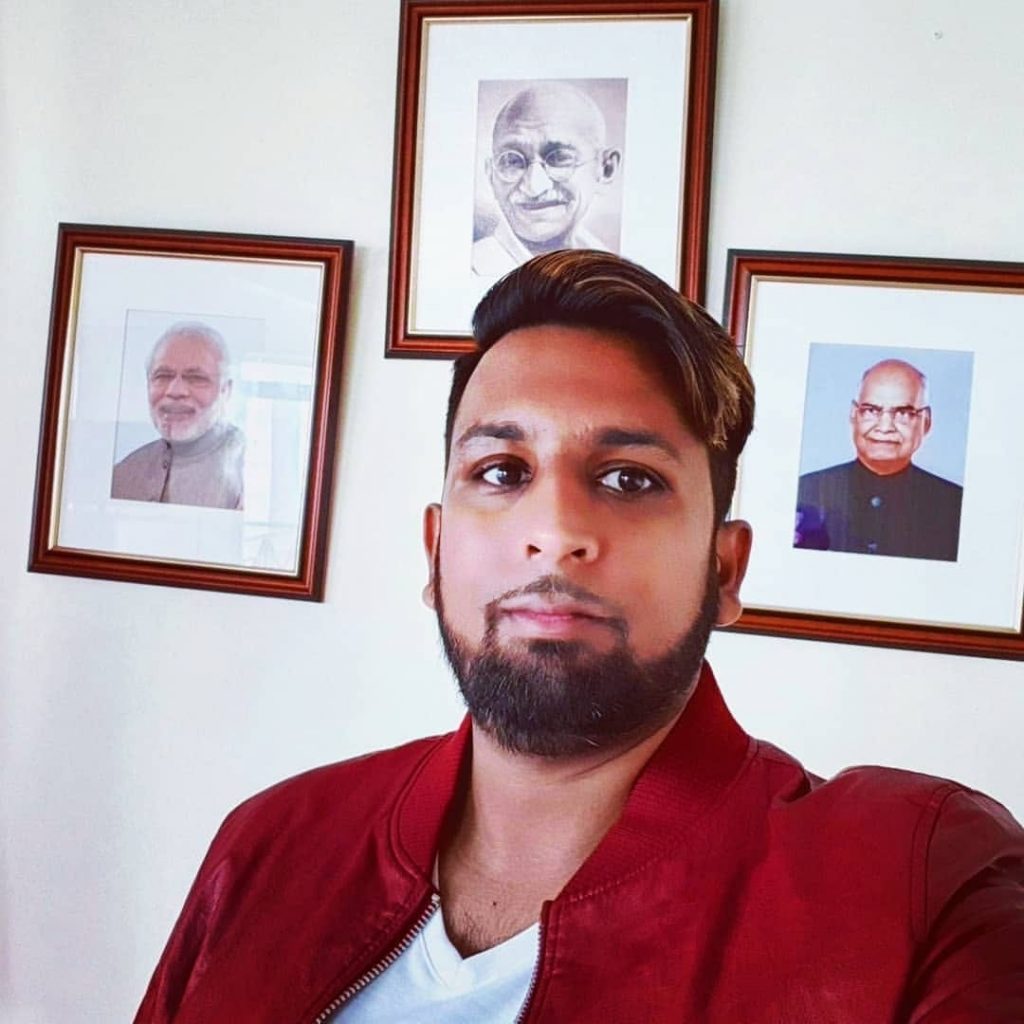Dear Editor,
When the ULF first contested a general election in 1976 they were able to capture ten of the twelve seats previously held by the DLP, and could only manage to get a total of 84,780 votes. In 1981, the ULF formed an alliance with DAC and Tapia House, which allowed them to only contest twelve of the thirty-one which they had fielded in the previous election. Despite this, and losing two seats in the process, the ULF was still able to get 62,781 votes, which is a decrease of 21,999 votes if tallied against the total of the 1976 election results, but if you only calculate it against the seats fought, then the ULF only lost a total of 19 votes in these twelve constituencies that they actually contested. This is all to say that over the course of the five years in which the ULF contested their two general elections, their base didn’t fluctuate in either direction.
With this in mind, you can then contextualize the first election that Basdeo Panday fought as leader of the UNC in 1991, in which the party received 151,046 votes and won thirteen seats. Now, if you were to apply the 40.45% increase in total registered voters between 1976 and 1991 to the number of votes the ULF received in 1976, then the ULF base would have grown organically to 119,074 in 1991. As such, there is a disparity in the number of votes that the UNC received compared to how many votes the ULF might have received by an approximate value of +31,972 votes. The UNC would then increase their votes by 89,326 in 1995; and again by 67,419 votes in 2000. And at no point during that time did Basdeo Panday ever stop to consider who these people were, or what they might ultimately want.
Where this created an issue was in 2001, when Basdeo Panday was forced to return to the polls just one year after he had secured his first victory as political leader of a party, due to the actions of Ramesh Lawrence Maharaj, Trevor Sudama and Ralph Maraj. The results of this election, and in particular the defeat in the Tunapuna constituency, were considered the fault of these three defectors and caused the infamous 18-18 split, in which President ANR Robinson was forced to fall back on his “spiritual and moral” understanding to declare a winner. However, when you consider that in 2000, Mervyn Assam won the seat with 9,062 votes; whereas in 2001 he received 8,538, you will find that there is a reduction of 524 votes. Considering that the Team Unity candidate was only able to receive 184 votes, that still leaves a deficit of 340 votes from 2000, which, had Mervyn Assam picked up, he would have still won the seat.
This brings me to the issue of Team Unity as a whole, because, the reason that Ramesh and his cohorts thought they could stage a coup is because they had the confidence of the UNC membership behind them, as they had swept the National Executive elections just a few months prior. But at what was surely the height of their popularity, their splinter could only amass 14,207 votes at the general election; while the reduction in the UNC votes in that election was 28,789, meaning that Team Unity received less than half of the votes which the UNC lost.
This is why it is important to understand who your supporters are because this should have been a clear sign that the people voting internally and those voting for the party at a national level were two different groups. This is why, in 2007, when the COP fought its first election, they were able to receive 148,345 votes and the UNC in turn lost 89,996 votes from the 2002 election. And in Tunapuna, the COP was actually able to receive more votes than the UNC, getting 4,182 votes compared to the UNC’s 3,986. This split revealed the true composition of the UNC, which was previously ULF and NAR combined, with the latter group finally making themselves known in solidarity with Winston Dookeran when he was mistreated once again by Basdeo Panday, but the rift created in 2007 would soon be mended in a third coalition between all of these forces.
As such, part 4 of this series will conclude with an explanation of where all of these forces sit today and what might become of them in the future.
Best regards,
Ravi Balgobin Maharaj
Mob: +1 868 476-6181
Email: ravibmaharaj@gmail.com
Skype: ravibmaharaj
